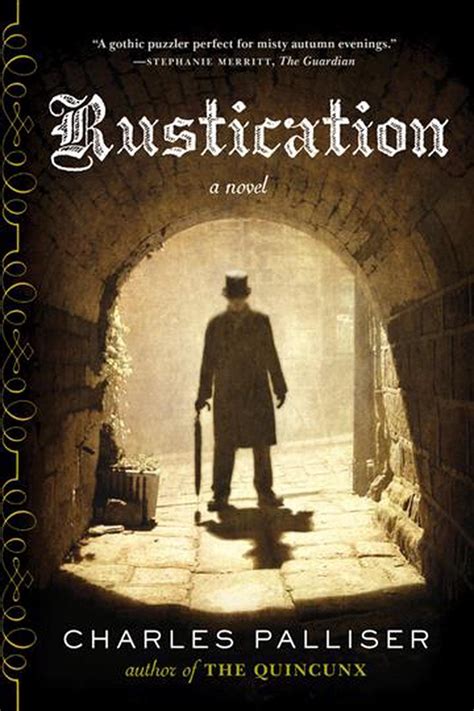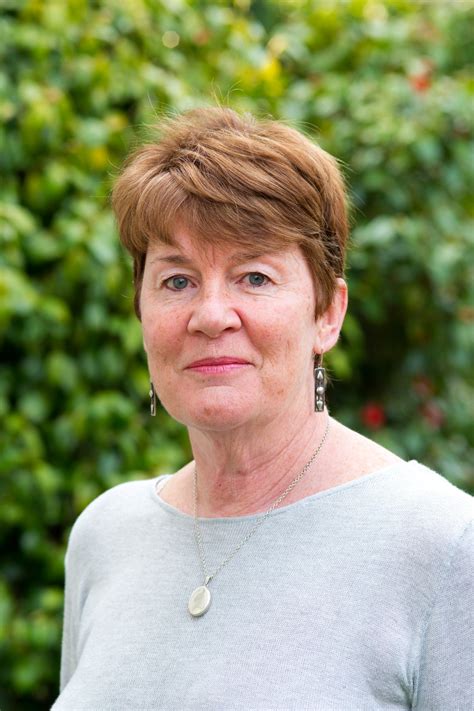A Quote by Sadiq Khan
Legal aid is central to righting wrongs and rectifying injustice.
Related Quotes
Legal aid gets a bad press. Some rail against handing taxpayers' money to criminals; others attack fat cat lawyers, while some argue that we spend far more on legal aid than other countries. But let's get some facts straight: saying that legal aid is just about criminals is wrong - most goes to people before any decision is taken on their guilt.
As nations we should also commit afresh to righting past wrongs. In Australia we began this recently with the first Australians - the oldest continuing culture in human history. On behalf of the Australian Parliament, this year I offered an apology to indigenous Australians for the wrongs they had suffered in the past.
Access to our civil courts has been severely restricted by the combination of: the removal of legal aid from some cases based on their type, not their merit; a high financial threshold for the receipt of legal aid in other cases; and a failure to deliver a safety net for vulnerable individuals by the exceptional funding arrangements.
Being reliant on legal aid is probably inconceivable to most of us. But this is no different from other branches of the welfare state established at the same time as our legal aid system - being diagnosed with a major illness and needing the NHS, or losing a job and needing the support of social security.
This is true in other fields, too, that a legal aid lawyer gets a whole lot less money than a Hollywood lawyer who handles the estates of celebrities. Maybe the legal aid lawyer is doing something better, though, and maybe they're happier. It's not a completely unheard of idea, but I do think we have to remind ourselves at times to look for satisfaction in other ways.
Far as I know, Legal Aid was invented to help poor people fight wrongs; [the criminals] are abusing the system, and the damned lawyers help them do it. They're all sticking two fingers up at them who pay their taxes. And I'll tell you sommat for free, Sir George, them who pays the taxes are eventually going to get fed up of it.
































